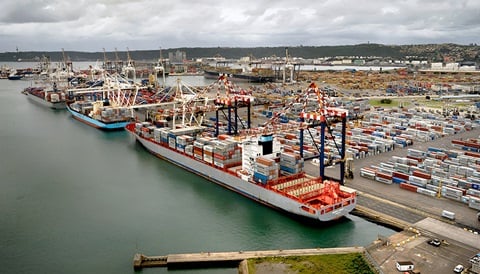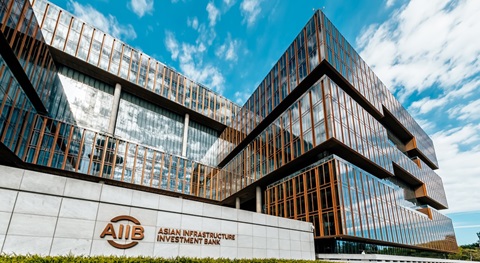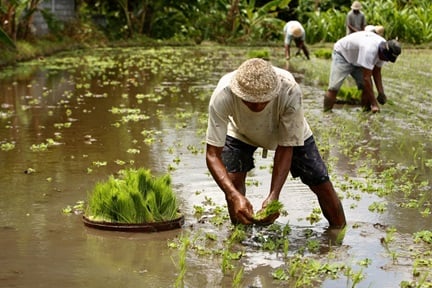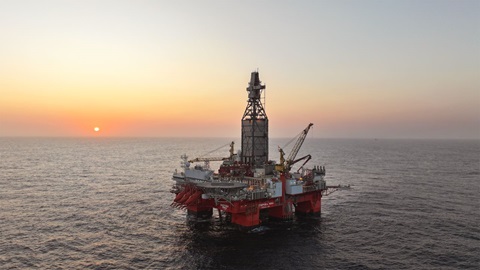Investment in EV and batteries promise to stir African manufacturing sector
Comparative advantages in resources and location fuel growth

Two significant new developments were announced in Africa’s clean technology space recently. First, the establishment of a major solar battery manufacturing plant in the Democratic Republic of Congo (DRC). It is to be built by a private sector consortium consisting of a United States (US) based engineering firm KE International and a Kenyan entrepreneur Julius Mwale. The exact planned location of the 16Gigawatt (GW) battery manufacturing plant has not been revealed but it will likely be in the country’s Lualaba province where Mwale is believed to have interests in nickel and cobalt mines. Second, Egypt is set to begin manufacturing electric vehicles (EVs) in partnership with a Chinese firm. An agreement is expected to be signed between Egypt’s e Al-Nasr Automotive Company and a yet-to-be-named Chinese electric vehicle maker which will see the rollout of electric vehicles from Egyptian factories.
These developments suggest a shift in global supply chains as manufacturing moves closer to where raw materials are found. The DRC is the world’s largest producer of mined cobalt – a key ingredient in the production of lithium-ion batteries that are increasingly in demand across the world a e-mobility takes off. The global electric battery market is expected to be worth US$45trn by 2050 and DRC, which has 51% of the world’s cobalt reserves is strategic link in the supply chain. Such is the investor interest in the mineral rich republic that Mwale and KE International managed to raise approximately US$6bn in commitments at the recent 25th annual Milken Institute Global Conference in Los Angeles. The new plant has the potential to be an early leader in battery production in DRC where some of the world’s largest reserves of nickel and cobalt are located (these are essential inputs for battery manufacturing). The US interest in battery manufacturing in DRC is unsurprising given that is competing with China currently dominates global battery manufacturing.
DRC’s geographical advantage will also likely ensure steady access to resources and protect the project from any protectionist policy measures. In addition, battery manufacturers in the DRC will have access to the benefits of the African Continental Free Trade Area (AfCFTA) and other preferential market access agreements like the US’s African Growth and Opportunity Act (AGOA).
Similar advantages are also likely behind the recent agreement between Egypt’s e Al-Nasr Automotive Company and a yet-to-be-named Chinese electric vehicle maker This is the result of a concerted effort by Egypt’s authorities to begin manufacturing EVs in the country. A memorandum of understanding (MoU) was initially reached with China’s Dongfeng Motor Co. in early 2021 to produce an affordable EV; however, it was suspended after an agreement on the cost of imported parts could not be reached.
Egypt is actively seeking to grow its manufacturing sector and is hoping to leverage its comparative advantages to fuel investments and partnerships in the sector. These include the country’s high levels of manufacturing skills, access to trade agreements such as AfCFTA, and its preferential geographical location; Egypt can ship to major markets in Europe and North America in as little as three and 12 days respectively. This is a substantial improvement on Asia-based factories, which can take up to a month to deliver products to North American markets.
The development of different aspects of the clean technology manufacturing process is also noteworthy, even if is currently not intentional. Under the AfCFTA, battery manufacturers in the DRC could theoretically supply EV manufacturers in Egypt or South Africa tariff-free. This marks the beginnings of a potentially valuable clean technology supply chain in Africa. The continent could become a major competitor in this space given the combination of both its natural resource and geographical advantages.
References
'Egypt considers cooperation with China to manufacture electric cars: Public enterprise minister', Ahram, 26 August 2019
‘Reducing Reliance on Cobalt for Lithium-ion Batteries’, US Office of Energy Efficiency and Renewable Energy, 6 April 2021
'Battery production in the DRC could be gamechanger', ESI Africa, 25 November 2021
'Egypt looks to build $20k electric vehicles with Chinese firms', Middle East Monitor, 19 December 2021
‘Mapped: EV Battery Manufacturing Capacity, by Region’, Visual Capitalist, 21 February 2022
'Kenya: U.S. Firm Partners With Kenyan Investor to Build World's Largest Battery Plant in DR Congo', Capital News, 24 May 2022
'US firm partners with Kenyan to build world’s largest Battery Plant in DRC to power smart cities', KBC, 24 May 2022
'DRC Readies Itself for New Solar Battery Manufacturing Plant', The Kenyan Wall Street, 26 May 2022
'Tycoon Mwale links up with American firm to build DRC battery plant', Business Daily, 26 May 2022
'Al-Nasr Automotive, China Firm Ink Agreement to Make Electric Car in Egypt', SEE, 1 June 2022
'Kenyan mogul Julius Mwale sets eyes on mineral-rich DRC after attempt to revive Mumias Sugar', Billionaires Africa, 3 June 2022
'Egypt to form joint venture with China for electric car production', Zawya, 3 June 2022







